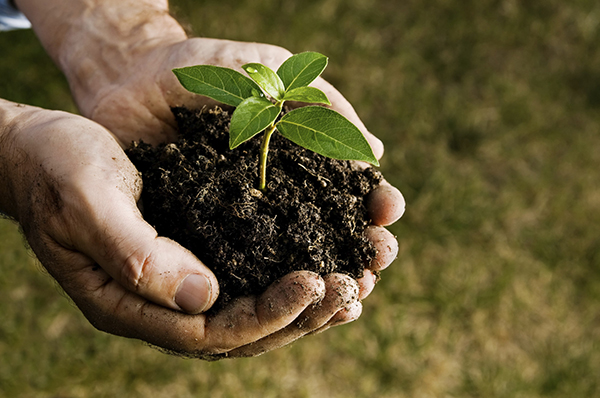Plants are life – we depend on them for 80 percent of the food we eat and 98 percent of the oxygen we breathe. But international travel and trade have been associated with the introduction and spread of plant pests. Invasive pest species are one of the main drivers of biodiversity loss and threaten the delicate web of life that sustains our planet. Pests and diseases have also been associated with rising temperatures which create new niches for pests to populate and spread. In response, the use of pesticides could increase, which harms pollinators, natural pest enemies and organisms crucial for a healthy environment. Protecting plant health is essential by promoting environmentally friendly practices such as integrated pest management. International standards for phytosanitary measures (ISPMs) in trade also help prevent the introduction and spread of plant pests across borders.
International Day of Plant Health 2024: Plant health, safe trade and digital technology
Each year, over 240 million containers move between countries, carrying goods including plant products, posing biosecurity risks. In addition, about 80 percent of international trade consignments include wood packaging material, providing a pathway for pest transmission. As a result, damages from invasive pest species incur global economic losses of approximately USD 220 billion annually. Protecting plant health across borders is essential by promoting global collaboration and international standards, such as the International Standards for Phytosanitary Measures (ISPMs). Innovative solutions like electronic phytosanitary certification (ePhyto) streamline the process, making trade quicker and more secure.
The International Day of Plant Health 2024 calls on everyone to raise awareness and take action to keep our plants healthy and ensure food safety and safe trade for sustainable economies and livelihoods.
https://www.fao.org/plant-health-day/en
















